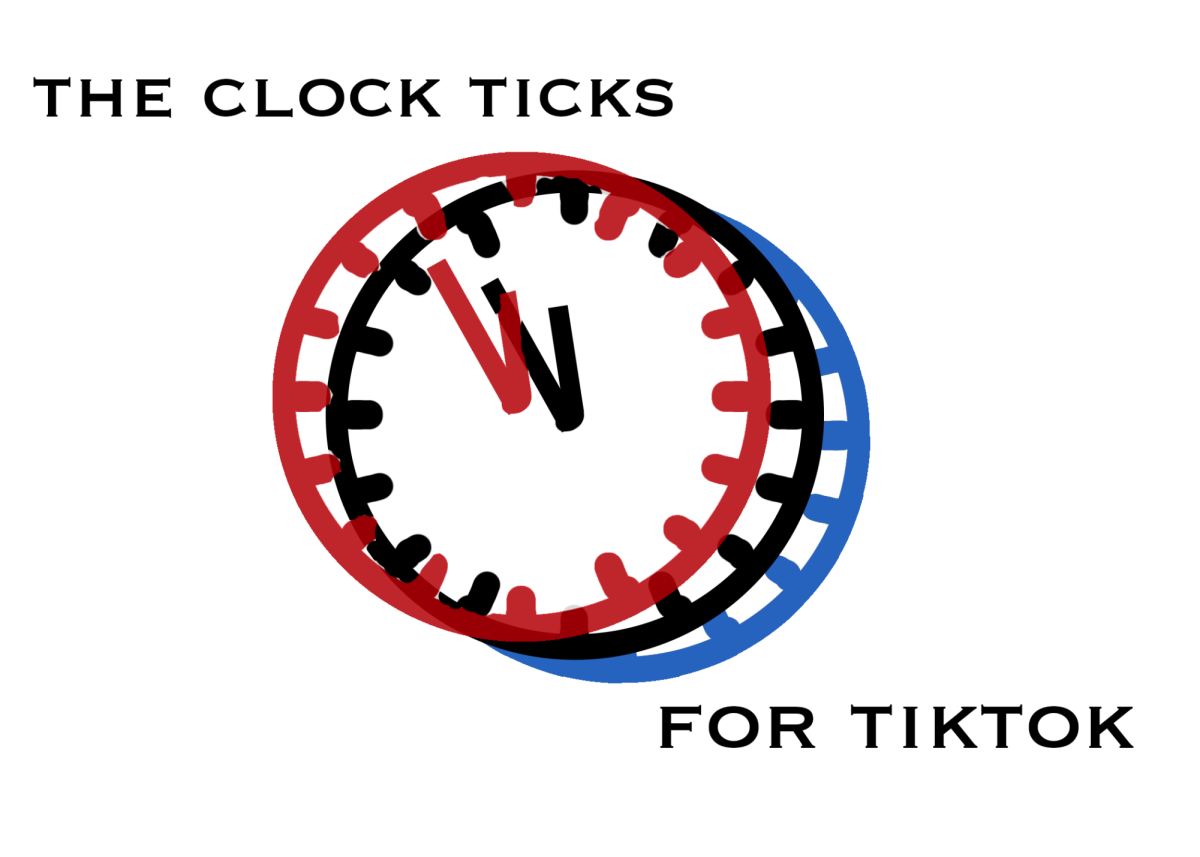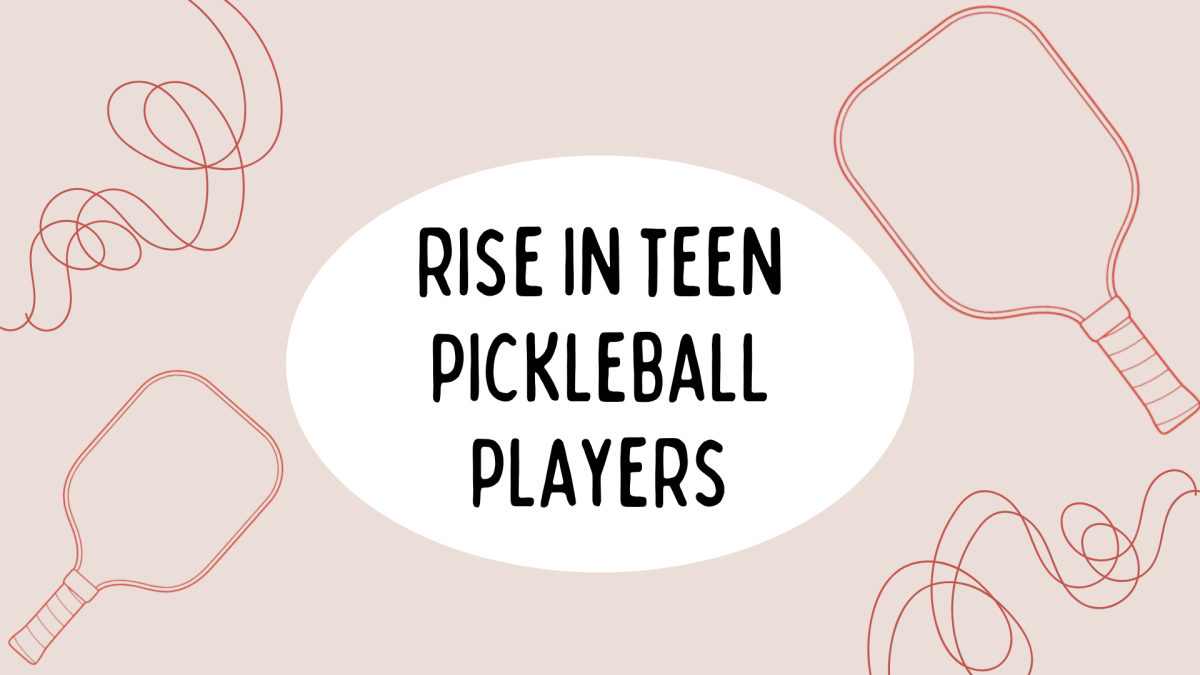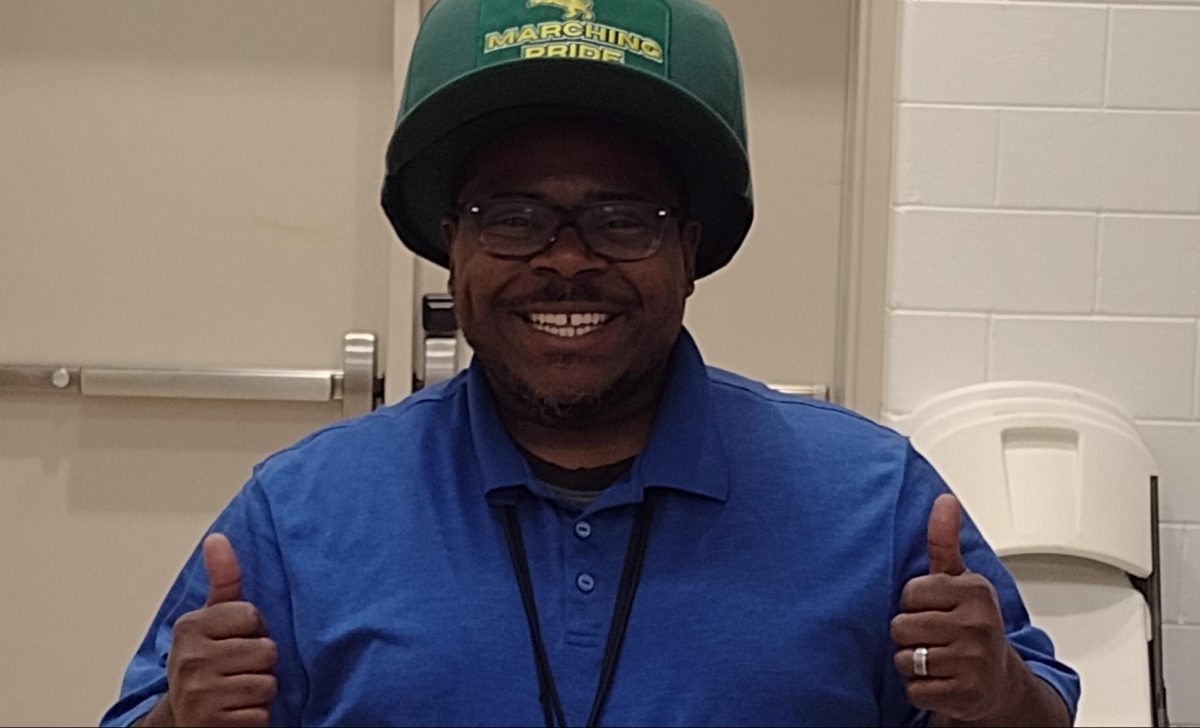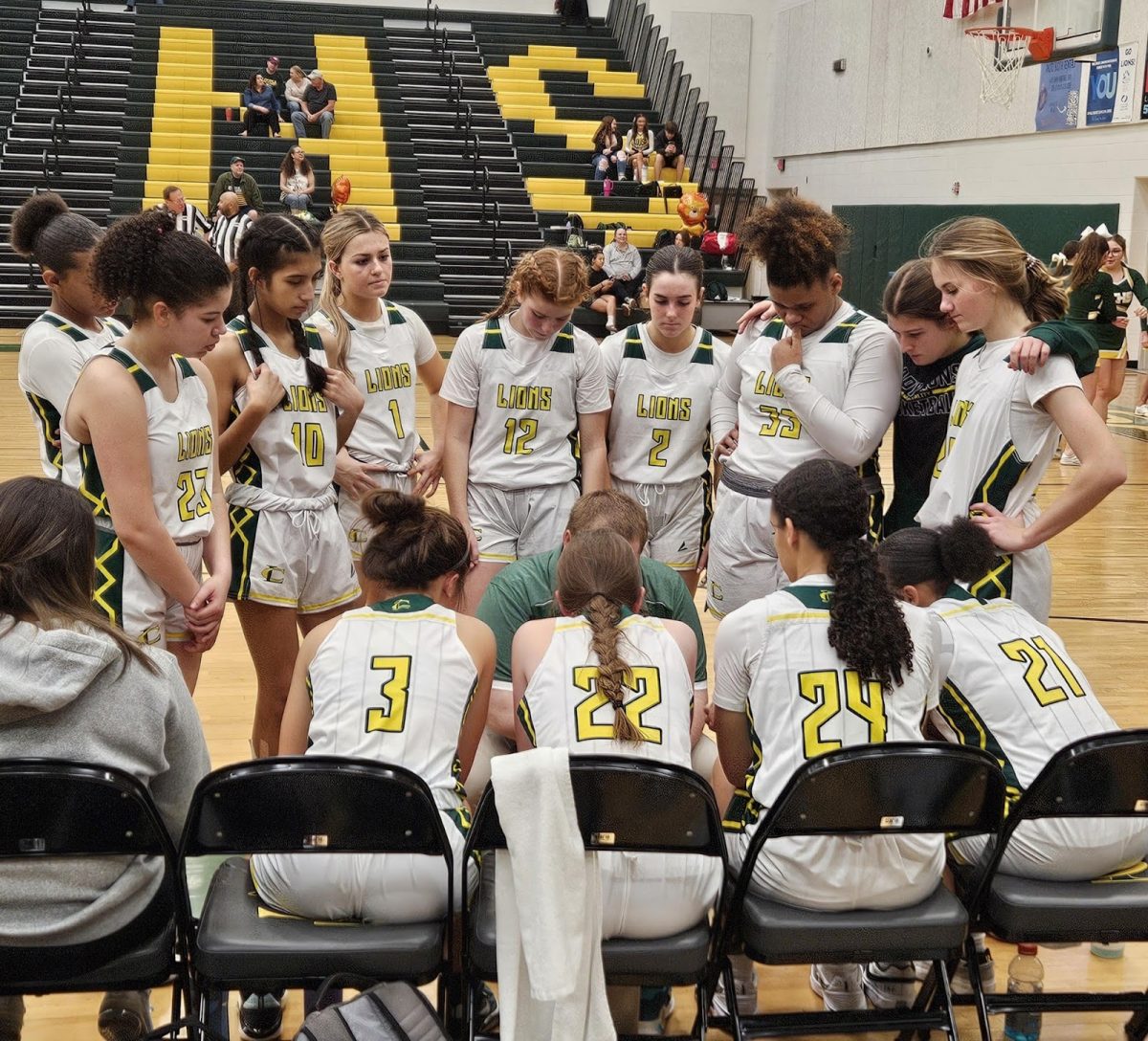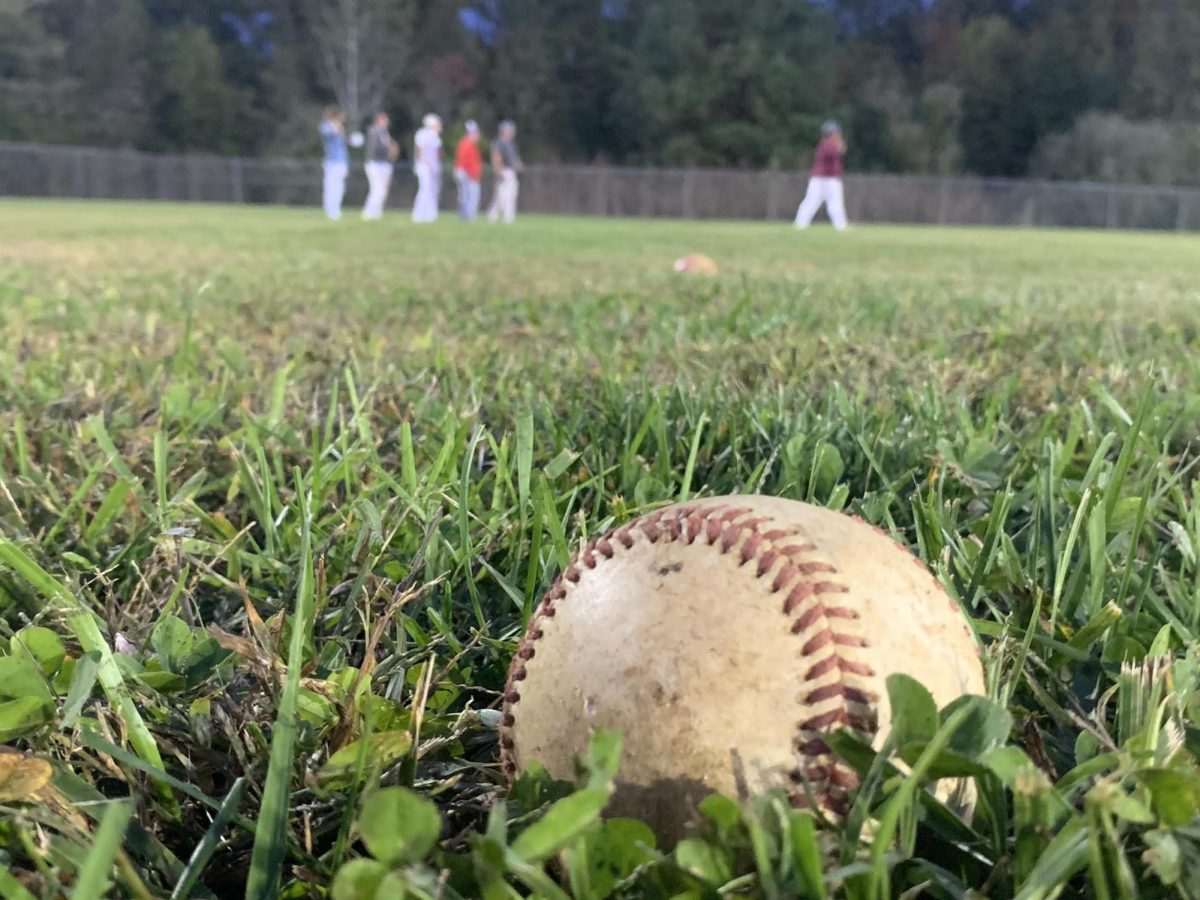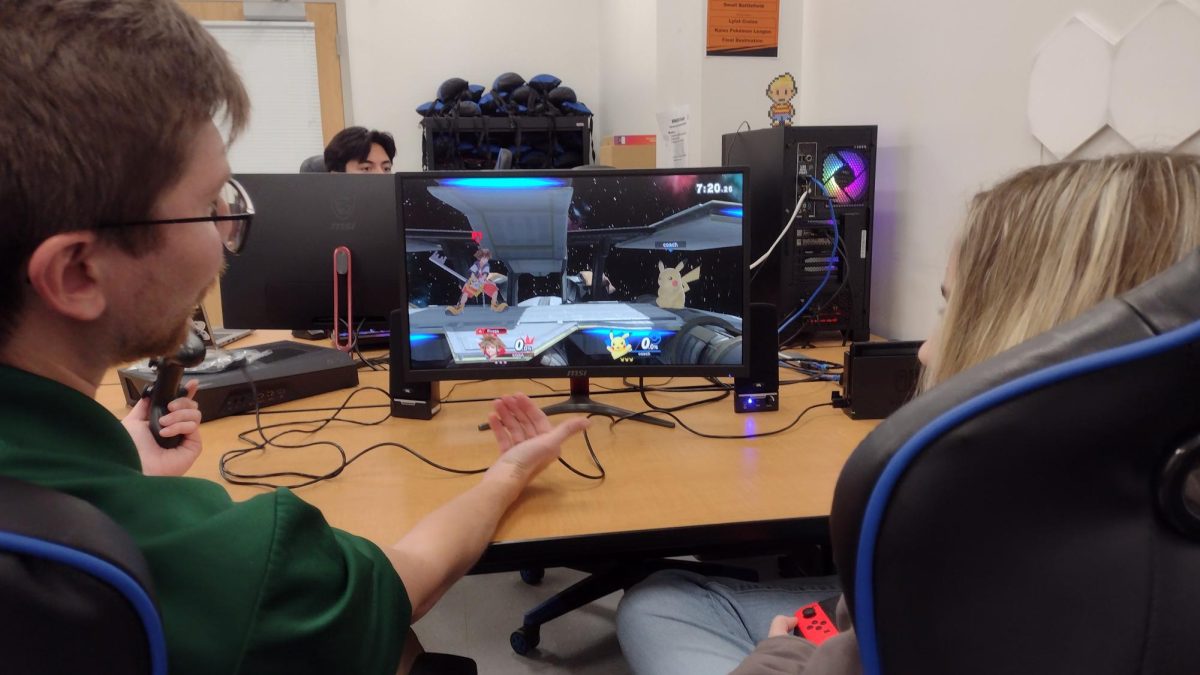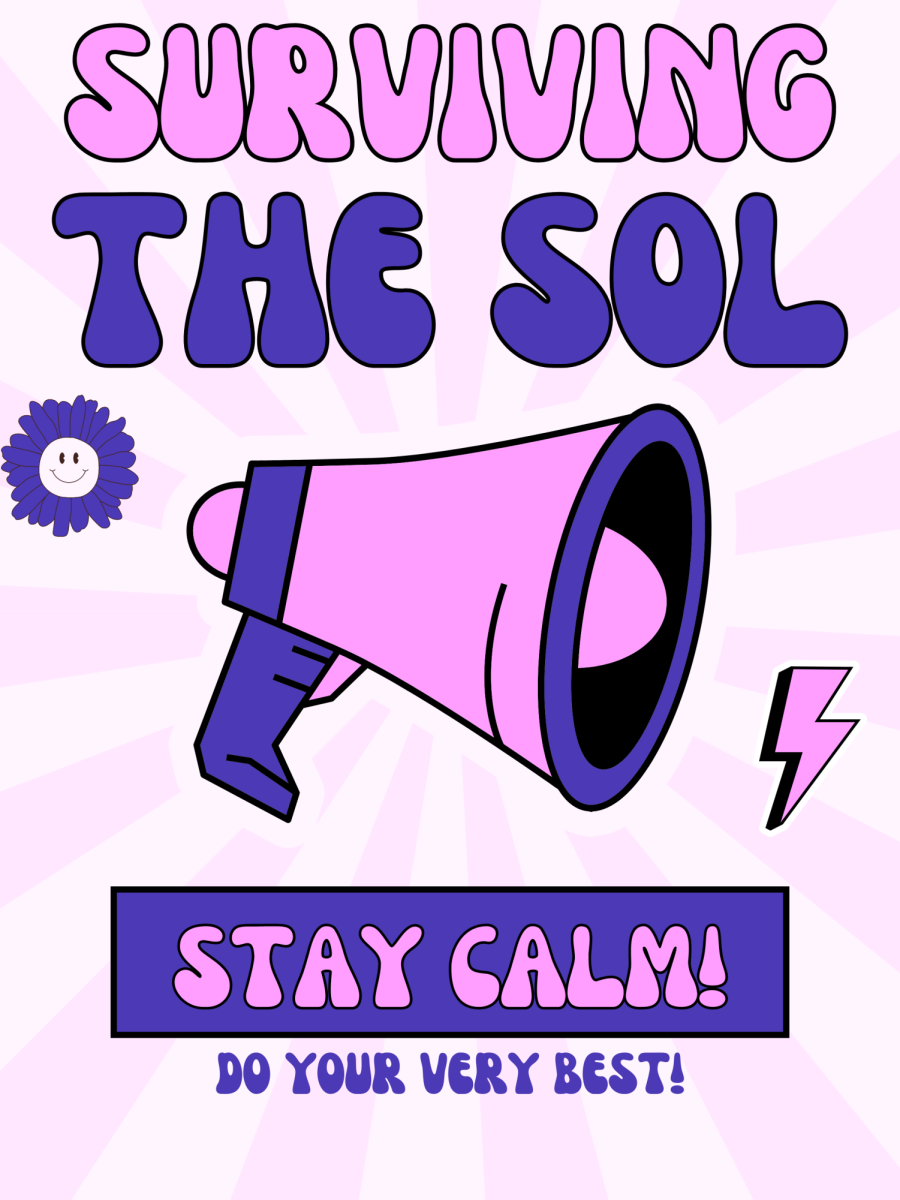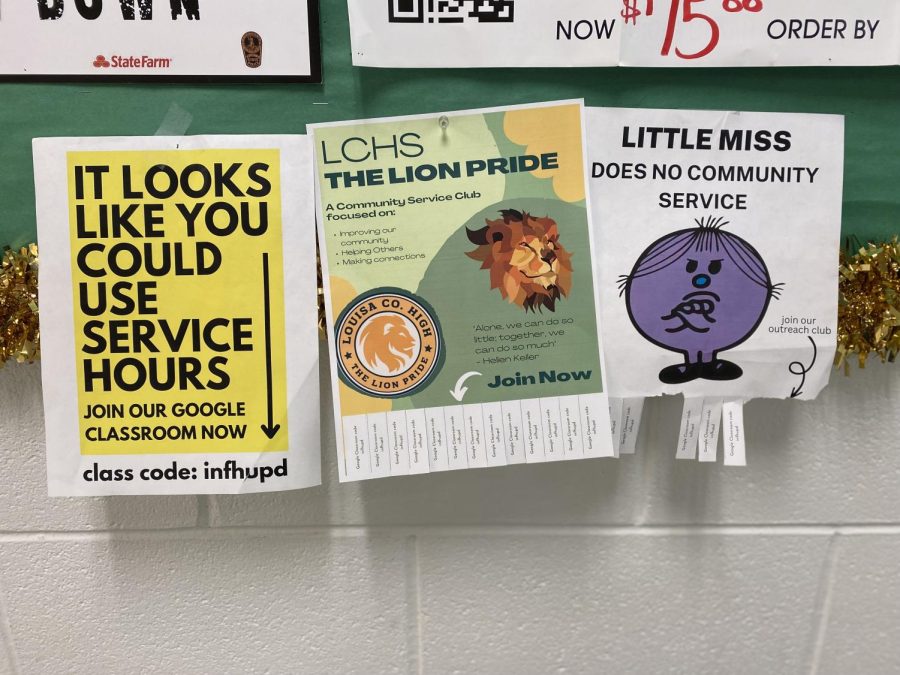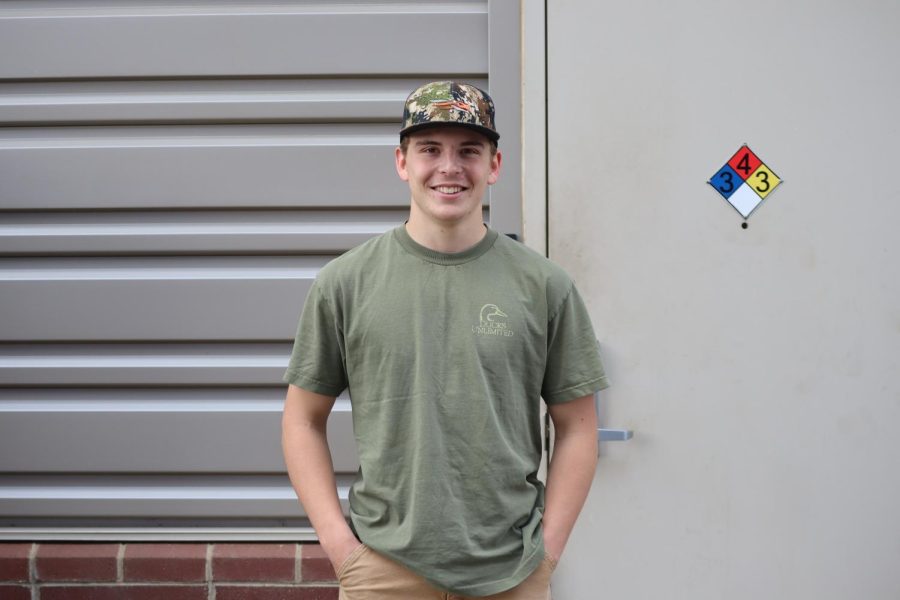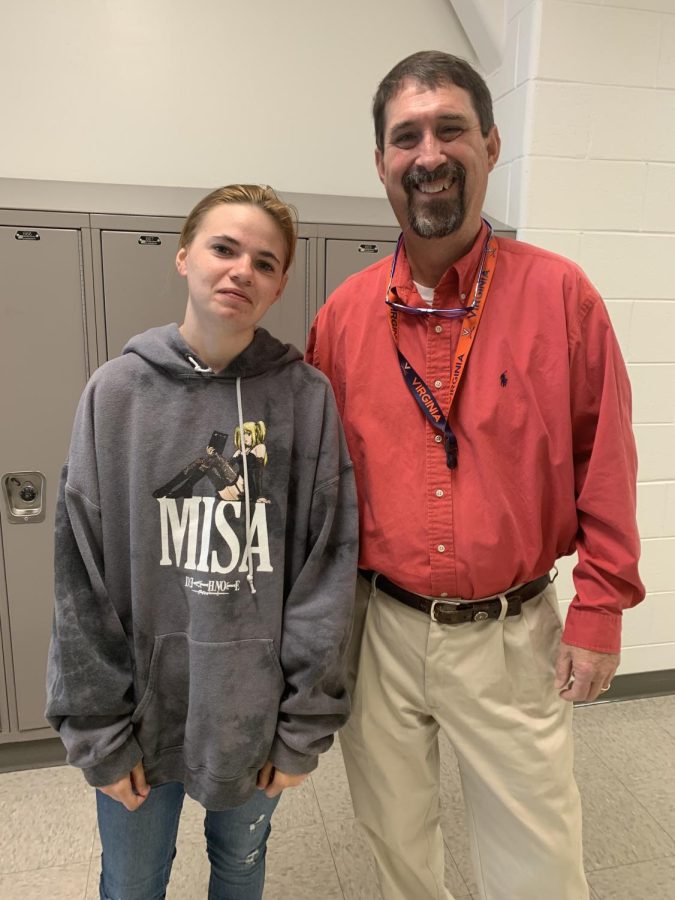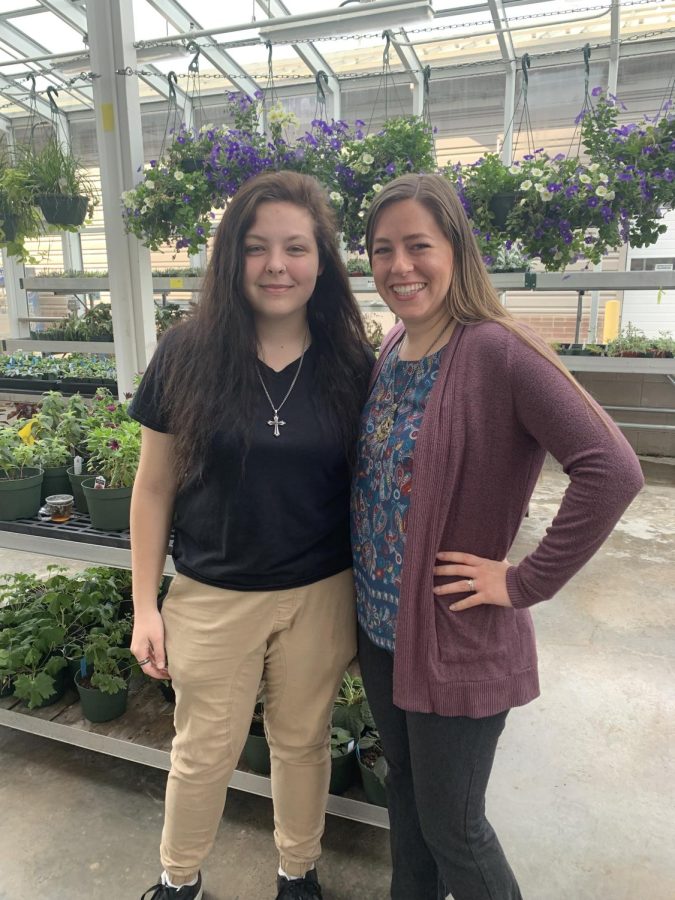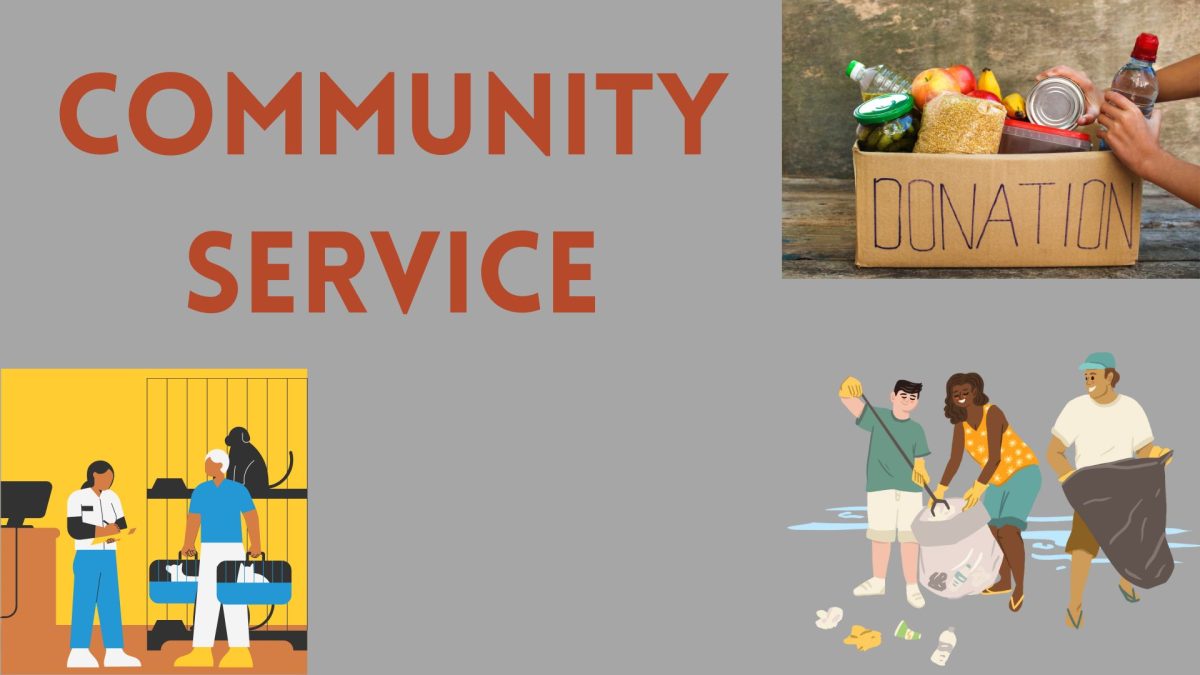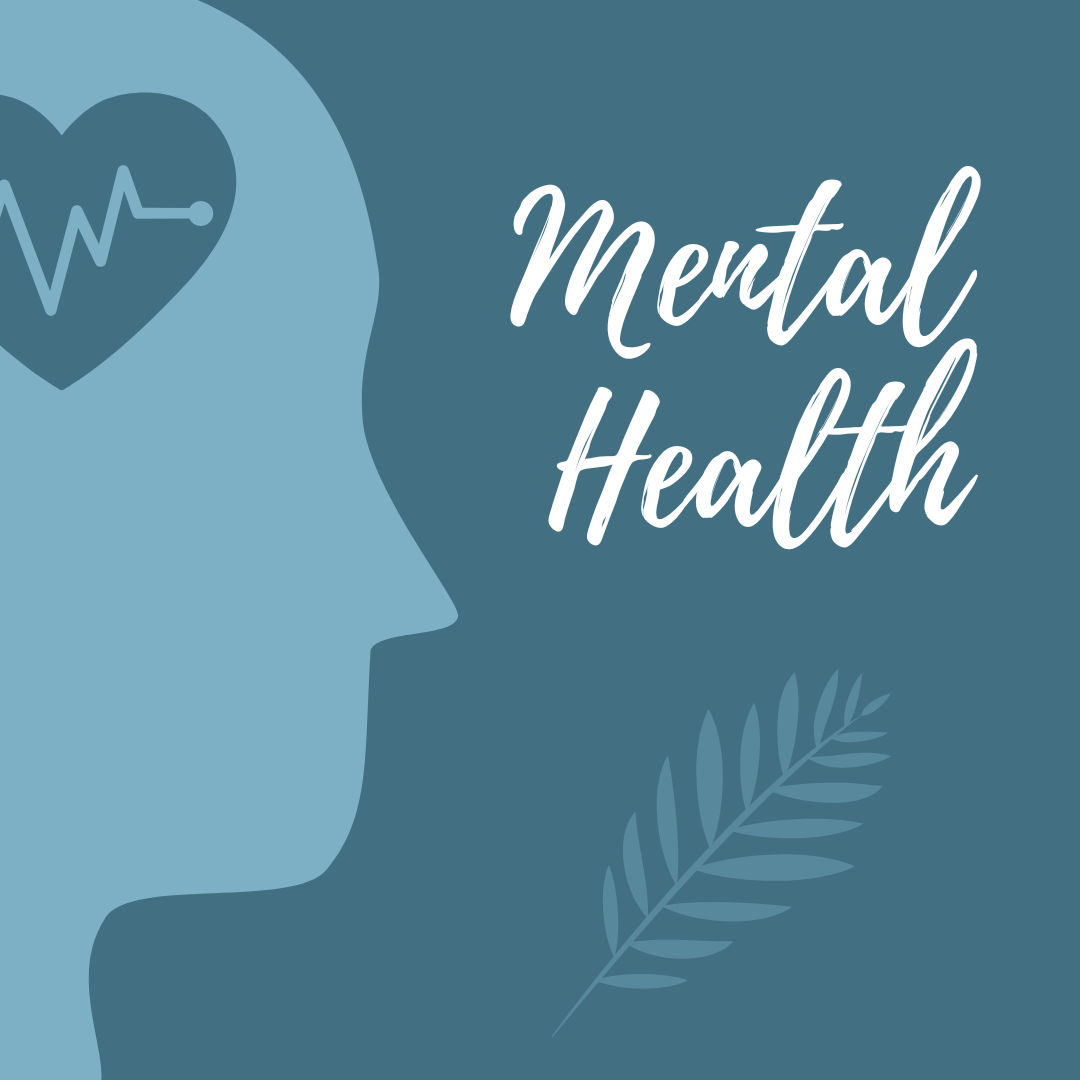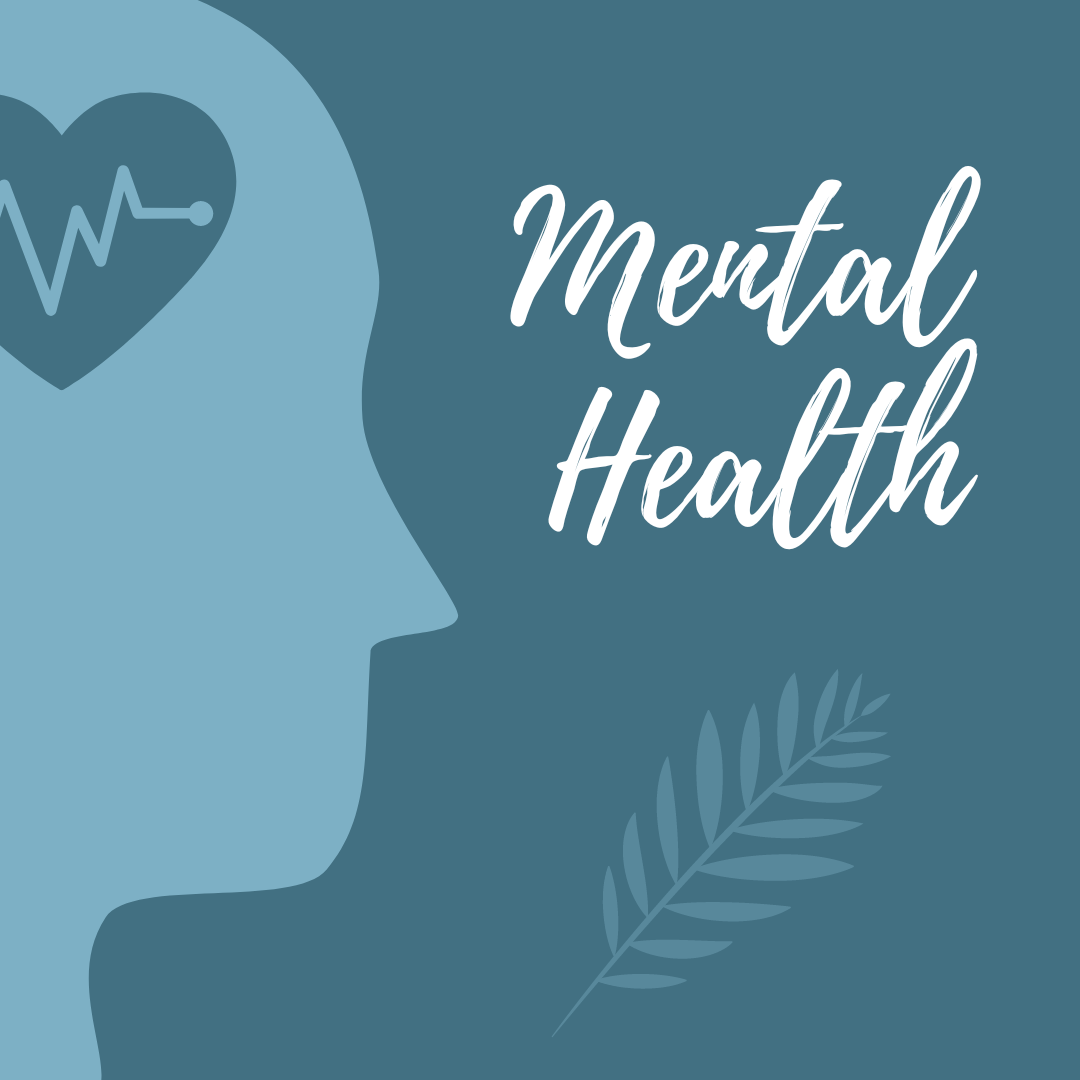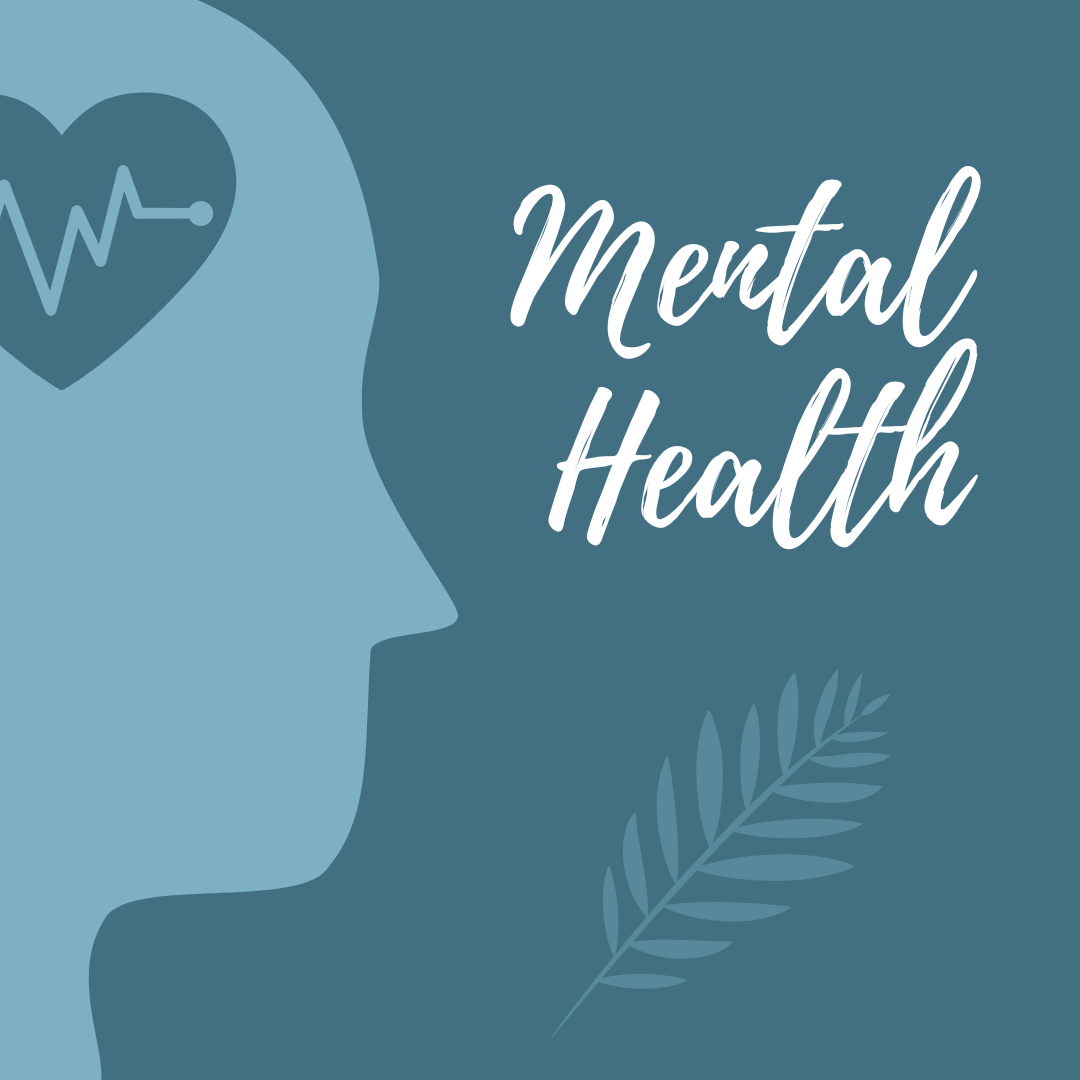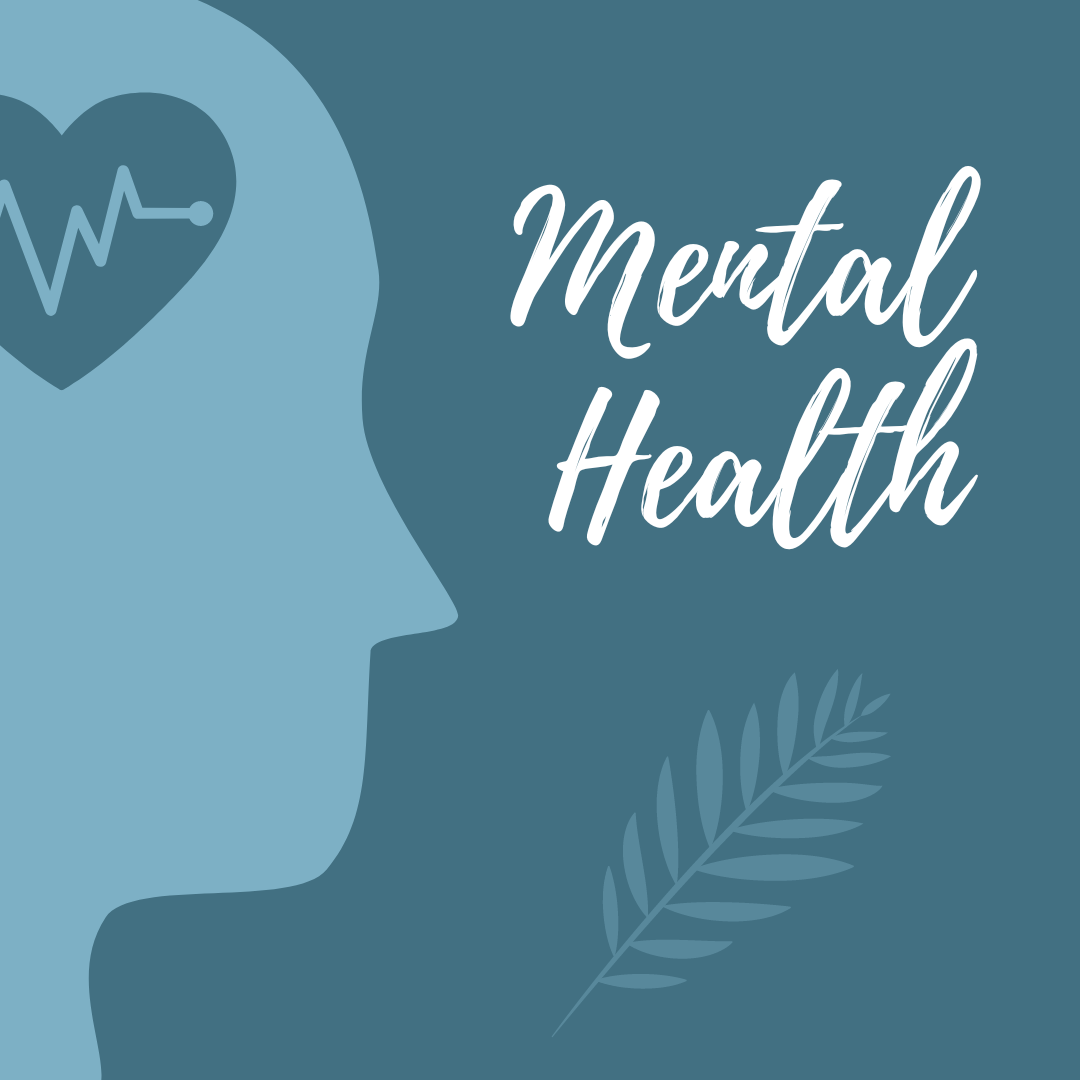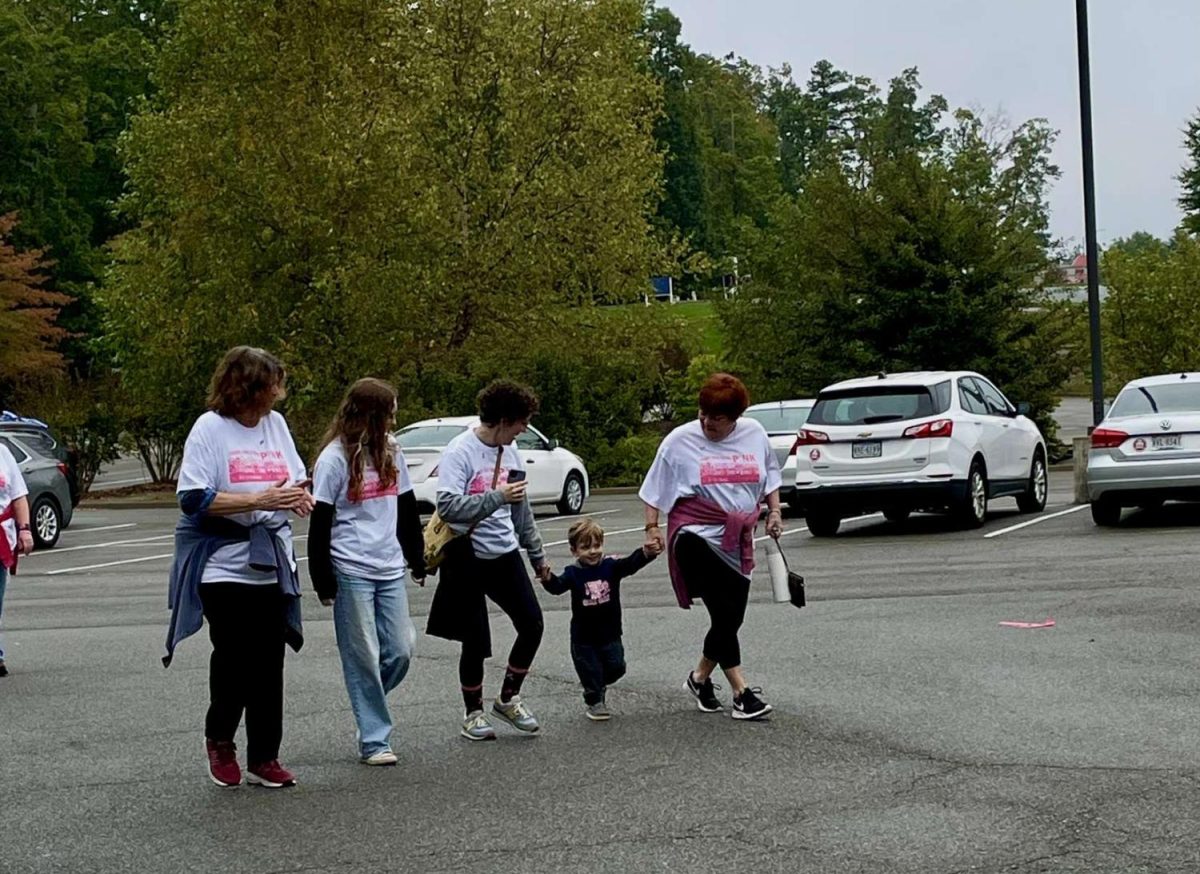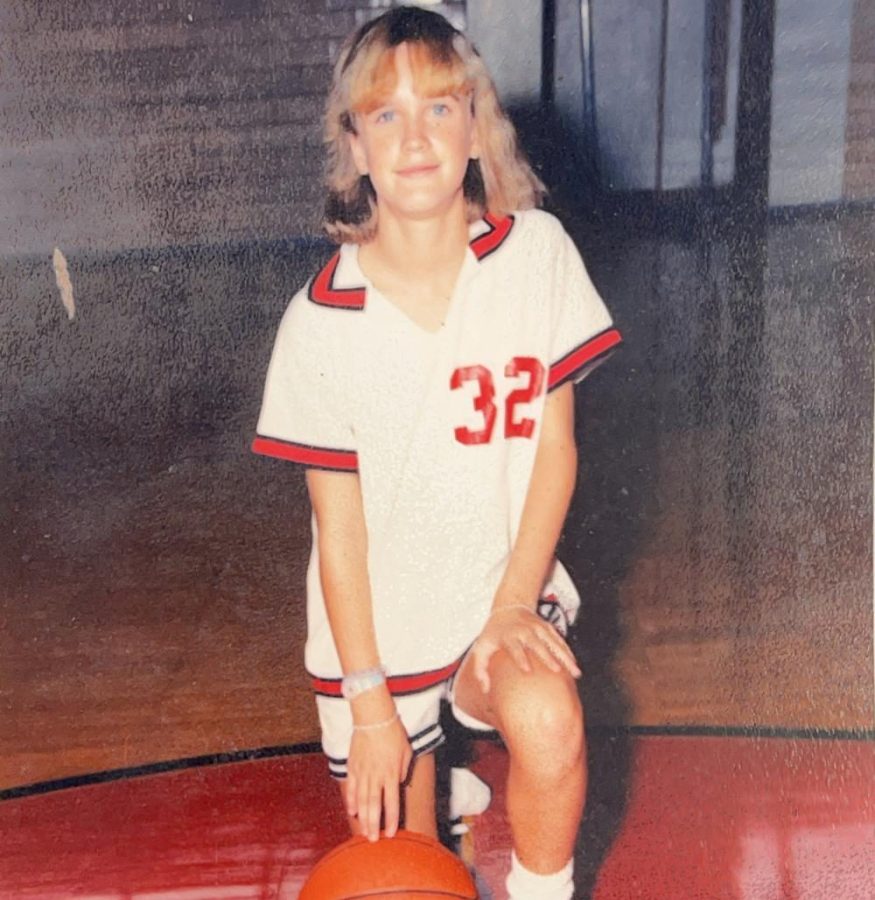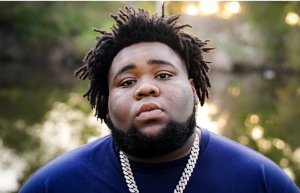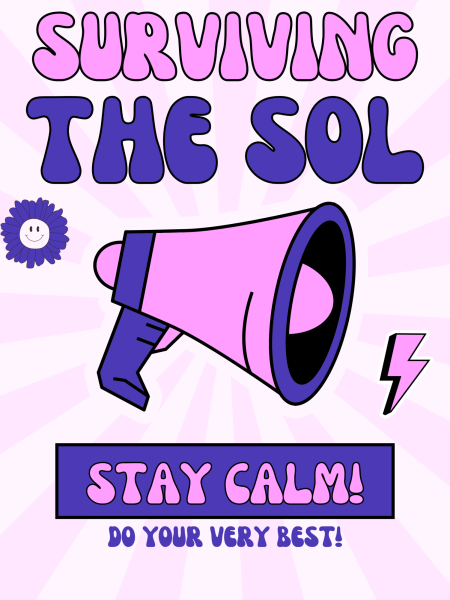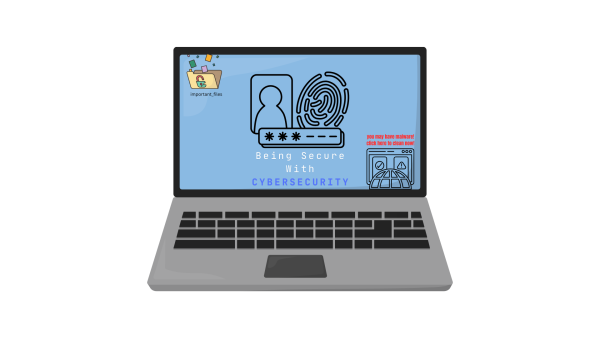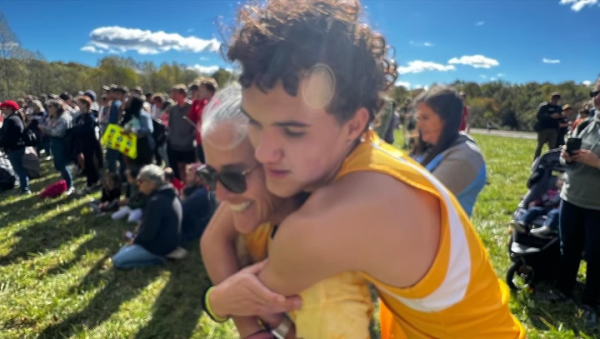Magnifying Mental Health
May 12, 2022
The support for those struggling with mental health has grown more than ever following the deaths of three college athletes: Lauren Bernett, Katie Meyer, and Sarah Shulze. Even when surrounded by teammates, media, and accomplishments one can still feel isolated and discouraged.
Lauren Bernett had played in the Softball College World Series with James Madison University the year prior and was named Colonial Athletic Association Player of the Week just a few days before her passing. Katie Meyer, the goalkeeper for Stanford’s Women’s Soccer Team, had won the NCAA championship in 2019. Sarah Shulze, who competed in Cross Country and Track for University of Wisconsin, received academic All-Big Ten Honors in 2020 and 2021 for cross country and in 2021 for track.
The mix of academics and athletics can be time consuming and stressful. It’s hard for athletes not to feel the need to constantly present perfect performance rates within the classroom and on the field as well.
According to the American College of Sports Medicine (ACSM), “Student-athletes face pressures from academics and competing, as well as other stressors like being away from home, traveling for games, feeling isolated from campus and other students due to their focus on sports and adapting to being in the public spotlight.”
Following the loss of these three athletes, friends, and daughters, the media scooped up their stories and they quickly gained attention. The question is: How can we be more aware of mental health and create a more open environment for not only talking about it, but also reaching out for help? Many may feel like they are alone in the fight, but that is not the case.
The National Alliance on Mental Illness found that “More than 43.8 million people are affected by mental health disorders each year. Despite this, less than half of those suffering will seek professional help, and many will only do so more than ten years after the onset of the condition.”
The idea is to break the stigma that makes people feel like they should hide or ignore their feelings. Open conversations lead to support and a healthy environment.
“Talking openly about your own battles with mental health, and asking after and genuinely listening to your family and friends’ responses can, in turn, encourage them to speak out about their symptoms and emotions and possibly seek help,” said the Balance Treatment Center.
Sources of Strength (SoS) is a program here at the school created to support students by and through students. The goal is to get people comfortable and talking about their experiences with mental health and acting as a buttress for their peers.
“The benefit to Sources of Strength is the students within it come from all walks of life and all different groups, so it opens people’s perspective on different life experiences and helps people to be more open about their struggles,” said SoS advisor Kendall Britt
Simply being kind to others and being a shoulder to lean on can make a big difference. Empathy is key. When one takes the time to try and understand how the other is feeling it will change their whole perspective. Being aware of those around us is also important. Warning signs of mental health struggles are, frequent mood swings, pulling away from friends and family, frequent sadness, and changes in eating and sleep patterns.
“Raising awareness is not only about teaching people how to identify mental illnesses. It’s also about making a positive, lasting impact on their mental health.
You can do this by encouraging your loved ones to practice self-care or even by helping them focus on their physical health through exercise and healthy eating habits,” said the Balance Treatment Center.

